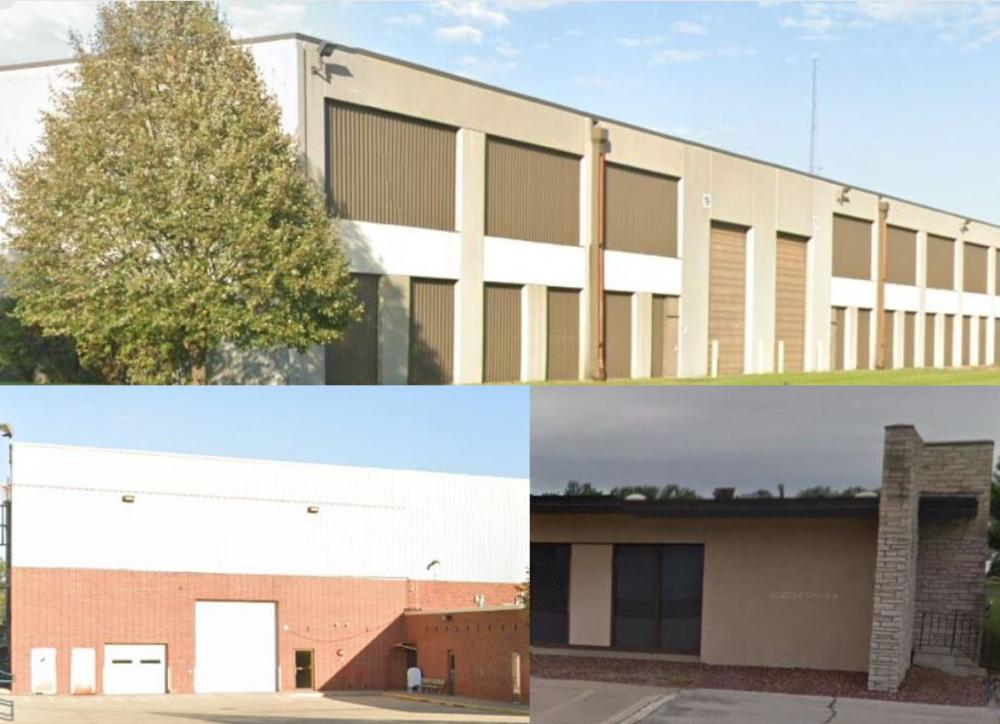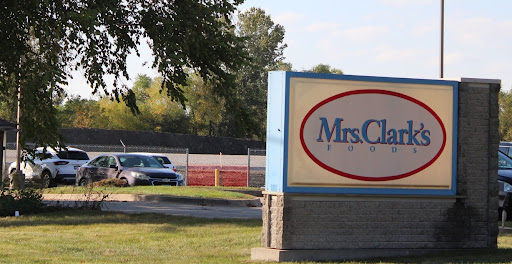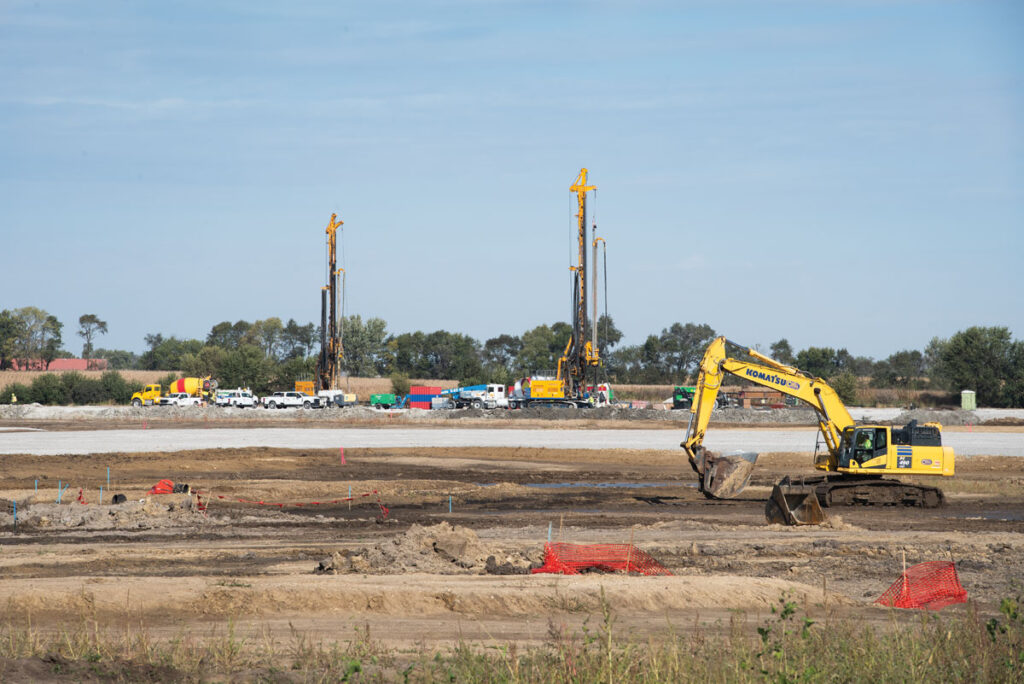The economic outlook appears grim, as retailers like J.C. Penny and Pier One Imports plan to close stores, hotels remain mostly empty and millions of Americans are unemployed.
But bright spots exist, including in Central Iowa where large commercial real estate transactions are being completed and planned new developments are moving forward.
Late last week, a $24.5 million transaction involving the sale of three large industrial buildings in northeast Des Moines was completed. This week, the Ankeny City Council set a public hearing to discuss a development agreement involving the construction of a 350,000-square-foot warehouse; the Waukee City Council approved the site plan for a building that will include offices and an event and fitness center; and the West Des Moines City Council gave the green light for site work to begin on a small warehouse project.
“Even during a pandemic, we’re not closed,” said Derek Lord, Ankeny’s economic development director. “There are many companies and developers that have not stopped planning for capital expenditure projects because the current economic conditions are not going to last forever.”
Central Iowa, located around the intersection of two heavily traveled interstates, likely will continue to attract investments and new developments tied to the industrial warehouse sector, Lord said.
“Iowa is in a strategic location,” he said. “As you see more and more online shopping, there’s going to be more desire to have warehouses in areas that can get products to consumers quickly.”
The transaction involving the sale of three warehouses in northeast Des Moines was 10 years in the making, said Marcus Pitts and Justin Lossner, both managing directors at JLL’s Des Moines office. The global pandemic, which hit as final details of the deal were being worked on, could have derailed the transaction but didn’t, they said.
“What I found to be really interesting is that tenants are still making major decisions, banks are still making major decisions, and buyers are still making major decisions, which is necessary for a $24.5 million deal like this to come together,” Lossner said.
Before the pandemic, the industrial sector nationwide was expected to grow as more and more consumers turned to e-commerce to purchase material goods. Now, with consumers limiting their exposure to the novel coronavirus by avoiding places with large numbers of people, online shopping is growing at an even faster pace.
Businesses, too, are wanting supplies delivered quickly to them so they can provide products and services to their customers, Pitts said.












